Zeolite for Animals: Your Comprehensive Guide to Understandable and Well-Founded Information - Zeolite Knowledge for Dogs and Cats
What is zeolite?
Zeolite is a naturally occurring mineral formed over millennia by the reaction of volcanic ash with alkaline water. It belongs to the group of aluminosilicates and is characterized by its unique crystalline structure, which makes it an effective adsorbent . This structure consists of an open network of channels and cavities that allows the zeolite to bind (adsorb) certain molecules and ions to its surface.
Origin and discovery of zeolite
Zeolite was first discovered in 1756 by the Swedish mineralogist Axel Fredrik Cronstedt. The name "zeolite" comes from the Greek words "zeo " (to boil) and " lithos " (stone) and refers to the mineral's property of releasing water when heated. This discovery marked the beginning of zeolite's diverse applications in various fields, from water treatment to its use in technological additives for optimizing animal feed . And that's what this is about.
Structure and properties of zeolite
Zeolite's unique structure is based on a network of silicon and aluminum atoms arranged tetrahedrally. This porous structure, with its cavities and channels, gives zeolite its ability to adsorb (lock) specific molecules and ions to its surface . This property makes zeolite particularly valuable for binding and removing unwanted substances , thus contributing to the optimization of animal feed by binding contaminants.
There are various types of zeolites that differ in their composition and structure. For use in animal feed, a specific type of zeolite is used, considered particularly suitable (with the highest binding capacity) to achieve the desired optimization: clinoptilolite zeolite. Only this type is approved for use as an animal feed additive.
Zeolite as an alternative to antibiotics in animal husbandry
In recent decades, research has increasingly focused on the use of zeolite in animals, particularly due to growing concerns about antibiotic-resistant bacteria . The overuse of antibiotics in animal husbandry has led to the emergence of multi-resistant bacteria, endangering the health of both animals and humans. Zeolite—you know, clinoptilolite—offers a natural solution, as this powder acts as an antibacterial agent and can be used without the risks of antibiotic resistance.
The role of clinoptilolite zeolite in animal nutrition
Clinoptilolite zeolite is a natural mineral that, due to its unique structure, acts as an ion exchanger and detoxifying agent . It has proven particularly effective in animal nutrition, promoting intestinal health, binding toxins and heavy metals, and thus relieving the body's burden. These properties make it a promising supplement for the diets of farm animals and pets, as it not only supports overall health but can also improve growth , feed conversion, and nutrient absorption .
Research findings on the benefits of zeolite
Several studies have shown that clinoptilolite zeolite can significantly improve the health of animals. One study found that zeolite stabilizes the intestinal flora and possesses anti-inflammatory properties . It has also been shown to reduce tumor formation in dogs and extend their overall lifespan . This demonstrates that zeolite is not only beneficial as a feed supplement but also has the potential to be used as a supportive therapy for serious illnesses.
Zeolite as an answer to antibiotic resistance
Given the threat of antibiotic-resistant bacteria, zeolite is increasingly coming into focus in veterinary medicine. Clinoptilolite's ability to work without side effects such as resistance makes it an ideal alternative for combating infections and promoting animal health . The EU has already approved zeolite as a feed additive, and studies confirm its safety and effectiveness, particularly for detoxification and digestive support .
Source: Valpotić et al. (2017), *Period Biol, Vol 119, No 3*.
Research findings on clinoptilolite zeolite in animals:
1. Improving intestinal health and stool quality in dogs:
Result: The addition of clinoptilolite zeolite to dog food led to a significant improvement in intestinal health and a reduction in stool moisture. This also improved stool quality, which is particularly beneficial for indoor pets.
Source: Januškevičius et al. (2013), *Veterinarija ir Zootechnika 64(86):3-10*
2. Reduction of tumor growth and extension of lifespan:
Result: In the treatment of dogs with various tumor types, the use of clinoptilolite led to a reduction in tumor size, an improvement in general health, and an extension of lifespan.
Source: Pavelic et al. (2017), *Period Biol, Vol 119, No 3*
3. Antiviral effect of clinoptilolite zeolite :
Result: A study has demonstrated that clinoptilolite inhibits the replication of herpesviruses, coxsackieviruses, and adenoviruses. The antiviral effect was achieved through the adsorption of virus particles in the pores of the clinoptilolite.
Source: Valpotić et al. (2017), *Period Biol, Vol 119, No 3*
4. Improvement of nutrient utilization and blood parameters in dogs:
Result: In a study with dogs that received clinoptilolite zeolite , improved absorption of dry matter and an increase in total protein levels in the blood were observed. Blood sugar and cholesterol levels were also lower compared to the control group.
Source: Januškevičius et al. (2013), *Veterinarija ir Zootechnika 64(86):3-10*
5. Use of clinoptilolite zeolite for detoxification and improvement of the immune system:
Result: Studies have shown that clinoptilolite zeolite acts as a detoxifying agent for heavy metals and mycotoxins and strengthens the immune system in farm animals through its antioxidant and immunostimulating properties.
Source : Valpotić et al. (2017), *Period Biol, Vol 119, No 3*
6. Zeolite for horses – more silicon, stronger bones
Zeolite was tested as a silicon source in several studies on young horses. Result:
– The silicon level in the blood rose significantly.
– Bone density has improved , which is particularly helpful for young or training horses.
👉 Horses fed zeolite were less frequently injured during training.
📚 Sources:
Frey et al. (1992), DOI: 10.1016/S0737-0806(06)81335-3
Nielsen et al. (1993), DOI: 10.1016/S0737-0806(06)81526-1
7. Zeolite gently detoxifies – in cows, pigs and dogs.
Zeolite (especially clinoptilolite ) is used in animal husbandry to reduce the strain on the animals' bodies. Studies show:
Zeolite can bind mold toxins in feed , preventing them from entering the body.
– In cows, for example, the toxin aflatoxin in the milk decreased by over 50% .
– Fewer cases of diarrhea and better blood values were observed in pigs and dogs.
📚 Sources:
Katsoulos et al. (2016), DOI: 10.1186/s40781-016-0106-4
Šperanda et al. (2006), DOI: 10.2298/AVB0603121S
8. Zeolite strengthens the immune system – completely without additives.
Studies on piglets showed higher white blood cell counts and improved immune function when fed clinoptilolite. The animals were more resistant to germs and thrived better.
📚 Source: Valpotić et al. (2016), DOI: 10.17221/175/2015-VETMED
9. Zeolite also heals the skin – even burns.
In a veterinary practice, clinoptilolite powder was sprinkled on injuries and burns in dogs .
👉 The wounds healed faster, stayed clean, and the skin regenerated completely , even in cases of severe injury.
📚 Source: Bedrica et al. (2003), veterinary case documentation
I have summarized the first study again in detail for those of us who like experimental setups and details, especially since this study emphasizes the safety of zeolite in its summary, even for pregnant dogs.
Summary of the study (Januškevičius et al. 2013): Investigation of the influence of zeolite on the digestion and health of dogs
Experimental setup
-
Number and type of dogs: A total of 10 adult female German Shepherds were examined. All dogs were 2–4 years old, weighed approximately 25–30 kg, and were clinically healthy. .
-
Study duration: The study extended over several months , from the resting state of the bitches through pregnancy and into the lactation phase . Initially, the bitches were observed in a non-pregnant state (resting phase), then in the middle of the approximately 63-day gestation period, and finally during the middle of their puppies' lactation. Throughout the entire period, the dogs received their assigned food (with or without added zeolite), depending on their group.
-
Zeolite type and quantity: Clinoptilolite (a naturally occurring zeolite) was used. The dosage was 1.5% of the feed (based on dry matter) in the feed of the experimental group. The zeolite powder was mixed into the commercial complete feed (a dry feed with ~24% protein, 13% fat, 3% crude fiber, and ~14.7 MJ/kg energy). .
-
The aim of this study was to investigate the influence of zeolite on the digestion and health of dogs. Specifically, the study aimed to examine how the addition of clinoptilolite to food affects stool consistency , nutrient absorption (digestibility of the food), and selected blood values in dogs. The female dogs were observed in different physiological phases (rest, pregnancy, lactation) to determine any differences depending on their condition. .
-
Control and test groups: The dogs were divided into two groups of 5 animals each. .
Control group: received the normal complete feed without added zeolite . Experimental group: received the same feed, but with 1.5% clinoptilolite added. Both groups were kept under identical conditions to clearly attribute any differences to the feed additive.Key findings of the study: Zeolite in dogs
-
Stool consistency: The dogs fed zeolite had firmer stools than the control dogs. Specifically, the stool of the zeolite group was drier (less moisture) – approximately 2–3% more dry matter compared to the control group in all phases. This effect was observed at rest, in mid-pregnancy, and during lactation. The stools of the dogs treated with zeolite were more compact and less odorous compared to those of the control dogs. .
-
Nutrient utilization: The addition of 1.5% zeolite resulted in a slightly improved digestibility of some nutrients. In the non-pregnant state (resting phase), the dogs in the zeolite group were able to absorb somewhat more nutrients from their food than the control dogs – e.g., approximately 1–3% higher absorption rates for organic matter, crude protein, and nitrogen-free extractives (carbohydrates). During pregnancy, there were hardly any differences between the groups (the zeolite showed no significant influence on nutrient absorption). During the lactation phase, the zeolite again slightly improved the digestibility of certain components: in particular, more total dry matter (+5%) and minerals (crude ash, +2%) were absorbed from the feed in the zeolite group than in the control group. Overall, these improvements were moderate, but showed a trend towards more efficient feed utilization with the addition of zeolite.
-
Blood values and health: No adverse health effects occurred – all measured blood values of the dogs remained within the normal reference range. However, the zeolite group showed slight beneficial shifts in some blood parameters. After two months of feeding at rest, the zeolite-fed female dogs had a higher total protein level in their blood (+5.6%) , a lower blood glucose level (-16%) , and less cholesterol (-5%) compared to the control group. Calcium levels were also elevated (+13%) compared to the control group. . Similar trends were observed during lactation: In the middle of the suckling period, the total protein in the blood of the zeolite dogs was highest (around 67 g/L, ~6% more than in the control animals) and their glucose and cholesterol levels were lower .
-
All these differences were statistically significant, but remained within the physiologically normal range. During pregnancy, the blood counts of the two groups hardly differed, and no abnormalities were observed.
In summary, the blood analyses indicated that the zeolite supplement is well-tolerated and contributes to an improved metabolic state (higher protein and calcium levels, and lower "stress" parameters such as glucose and cholesterol). .
Relevance for dog owners
For dog owners considering using zeolite to support their pet's well-being , this study provides some useful insights. A positive finding is that the clinoptilolite supplement (1.5% of the food) was well tolerated : the dogs remained healthy, and there were no negative effects on their blood values or behavior. On the contrary, the zeolite showed certain beneficial effects : the dogs had firmer, less smelly stools , indicating improved digestion and potentially making everyday tasks like stool intake and disposal easier. Furthermore , more efficient nutrient utilization was observed, meaning the animal was getting better results from its food. Slightly elevated protein and calcium levels in the blood of the dogs given zeolite indicate that nutrient supply or metabolism is being supported. That's good. And during the rest period, the female dogs in the test group had fewer stress markers in their bodies. That's really perfect.
-


















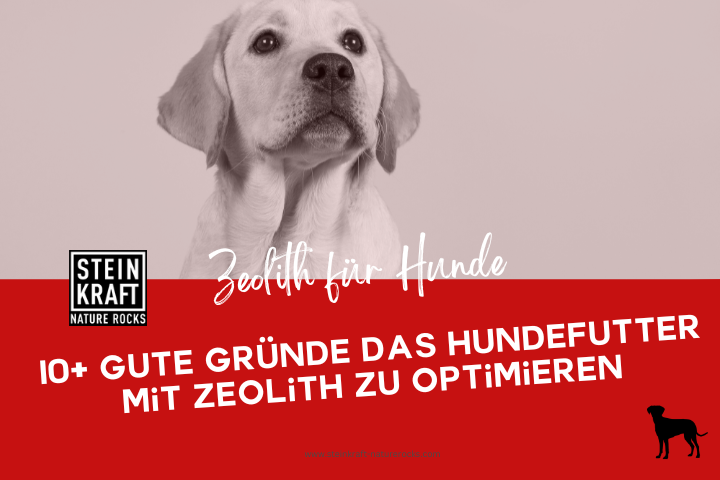
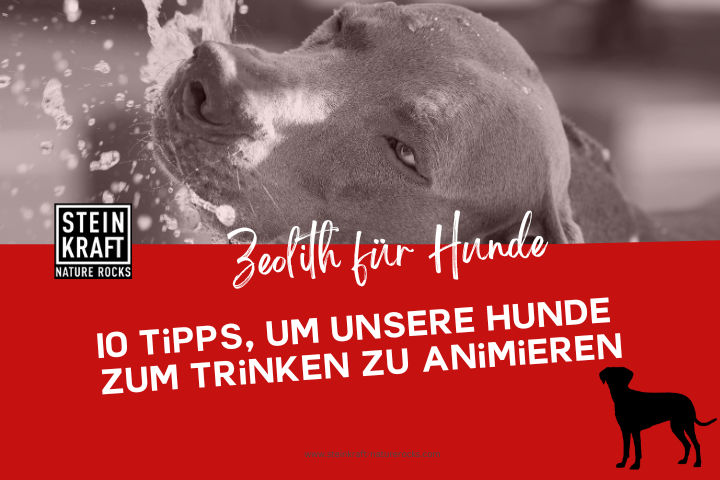
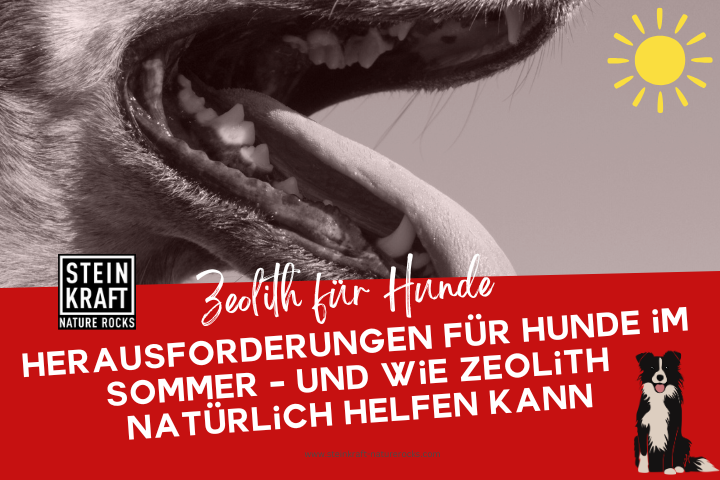


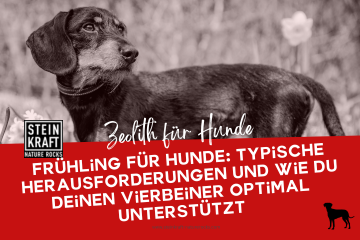


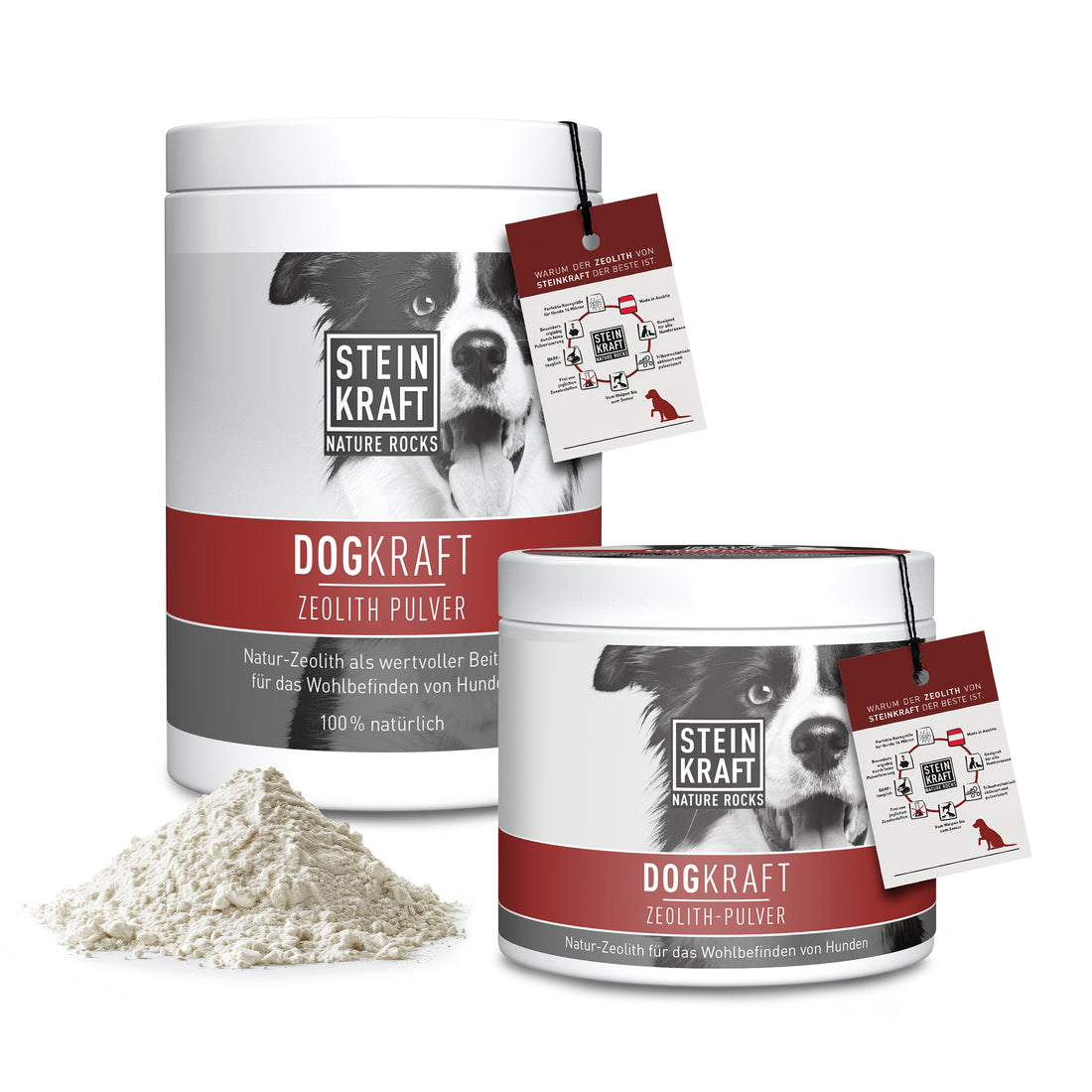
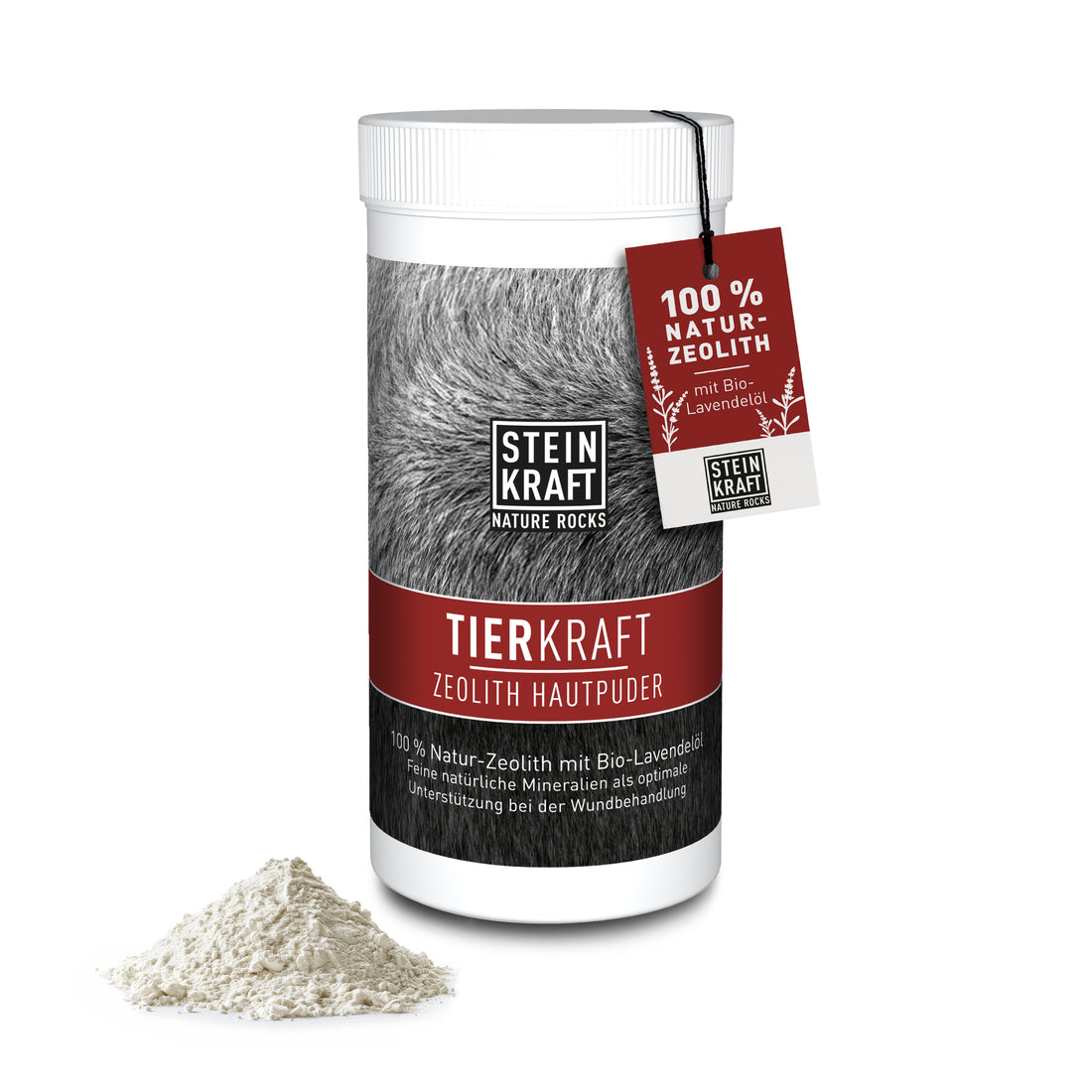
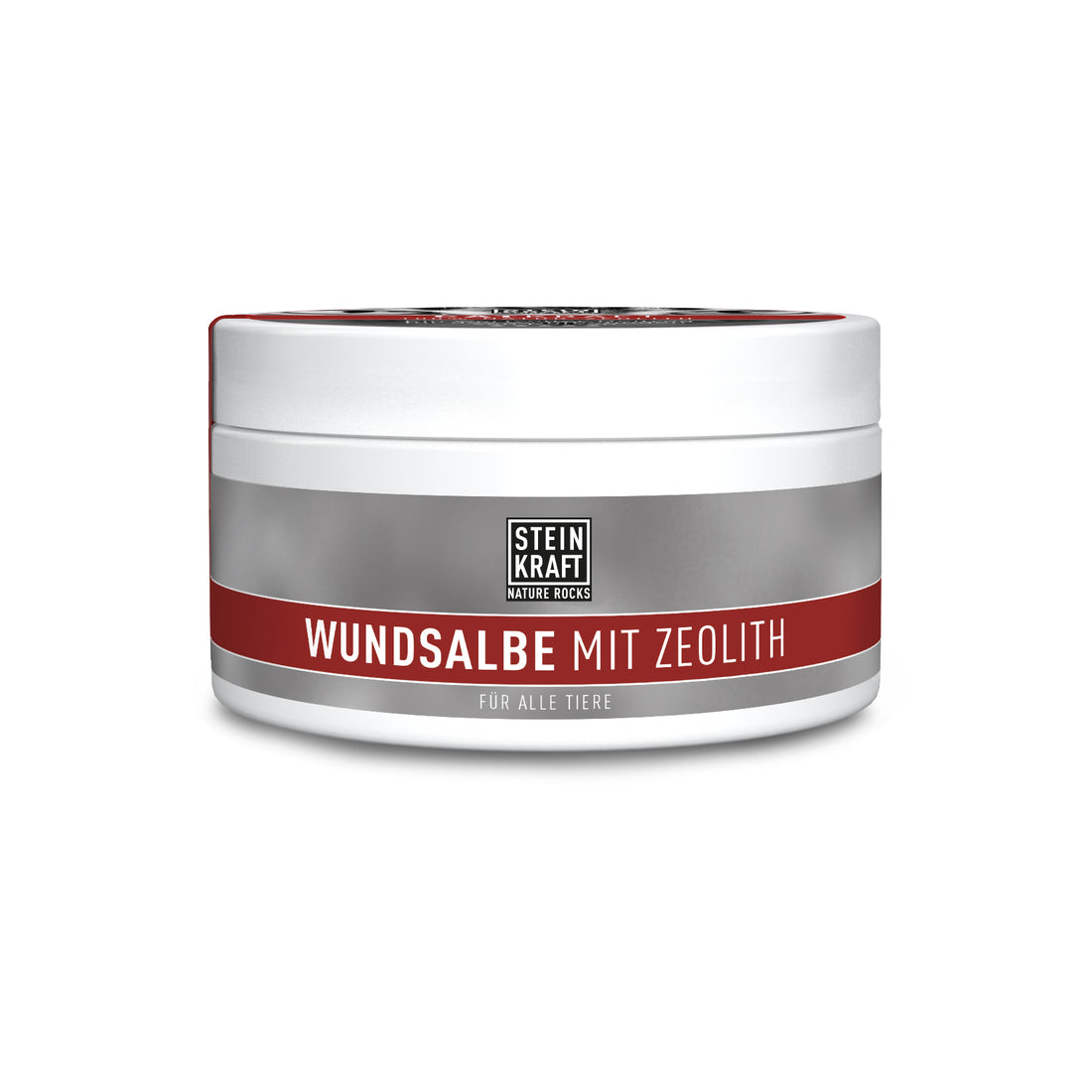

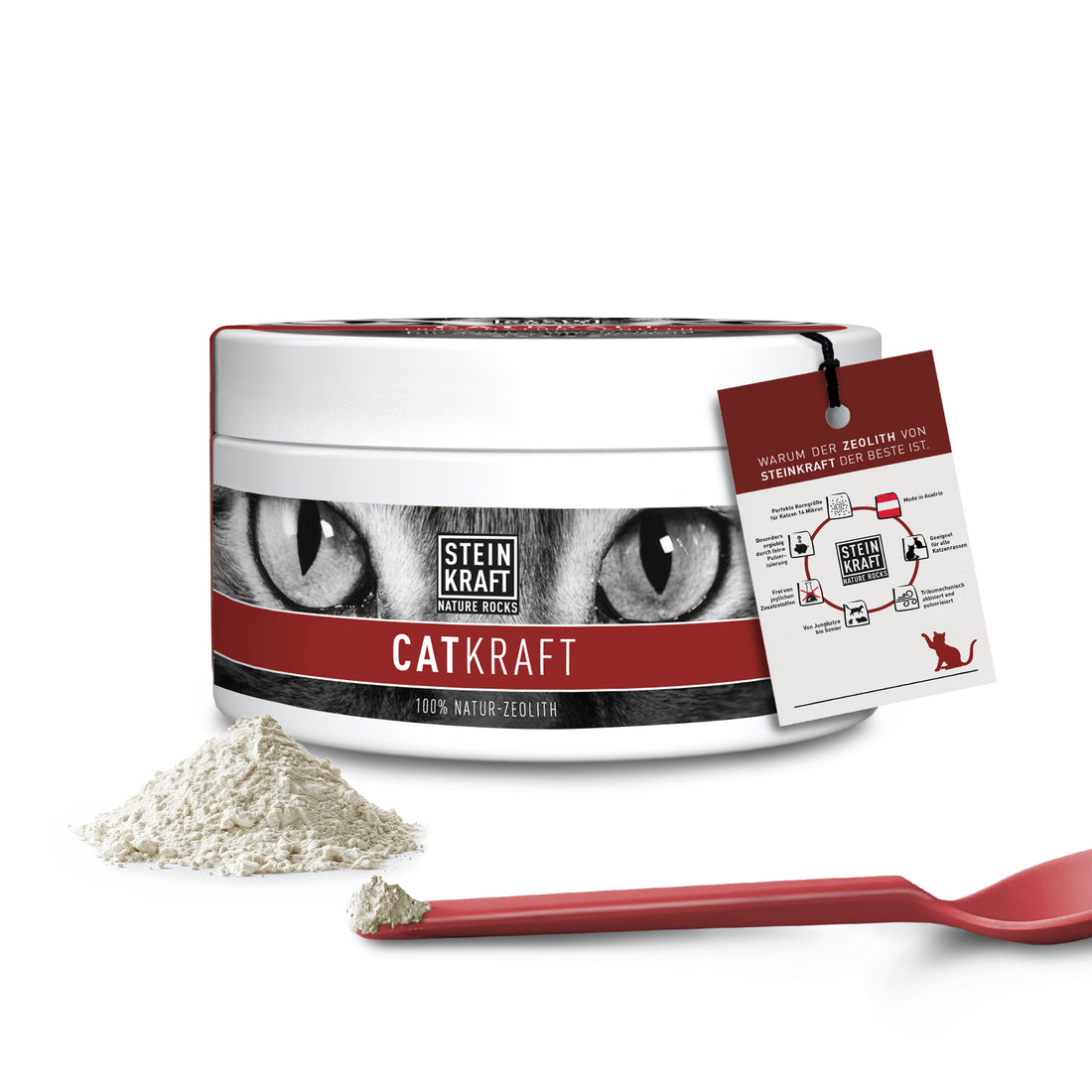
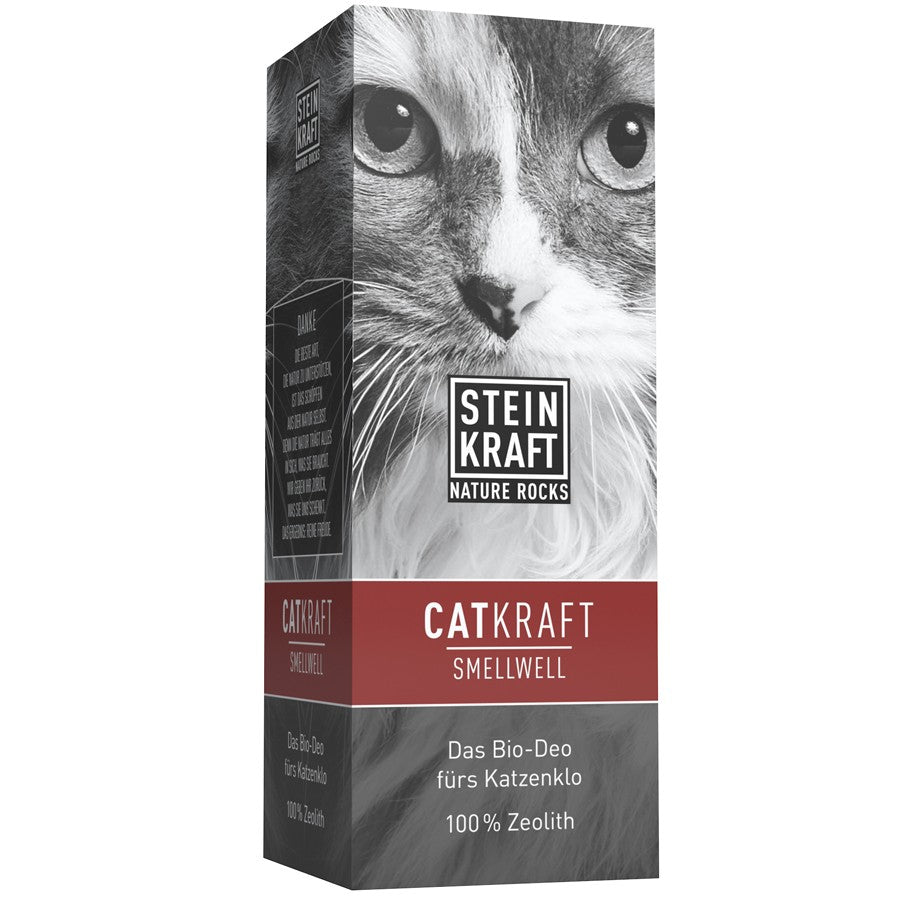
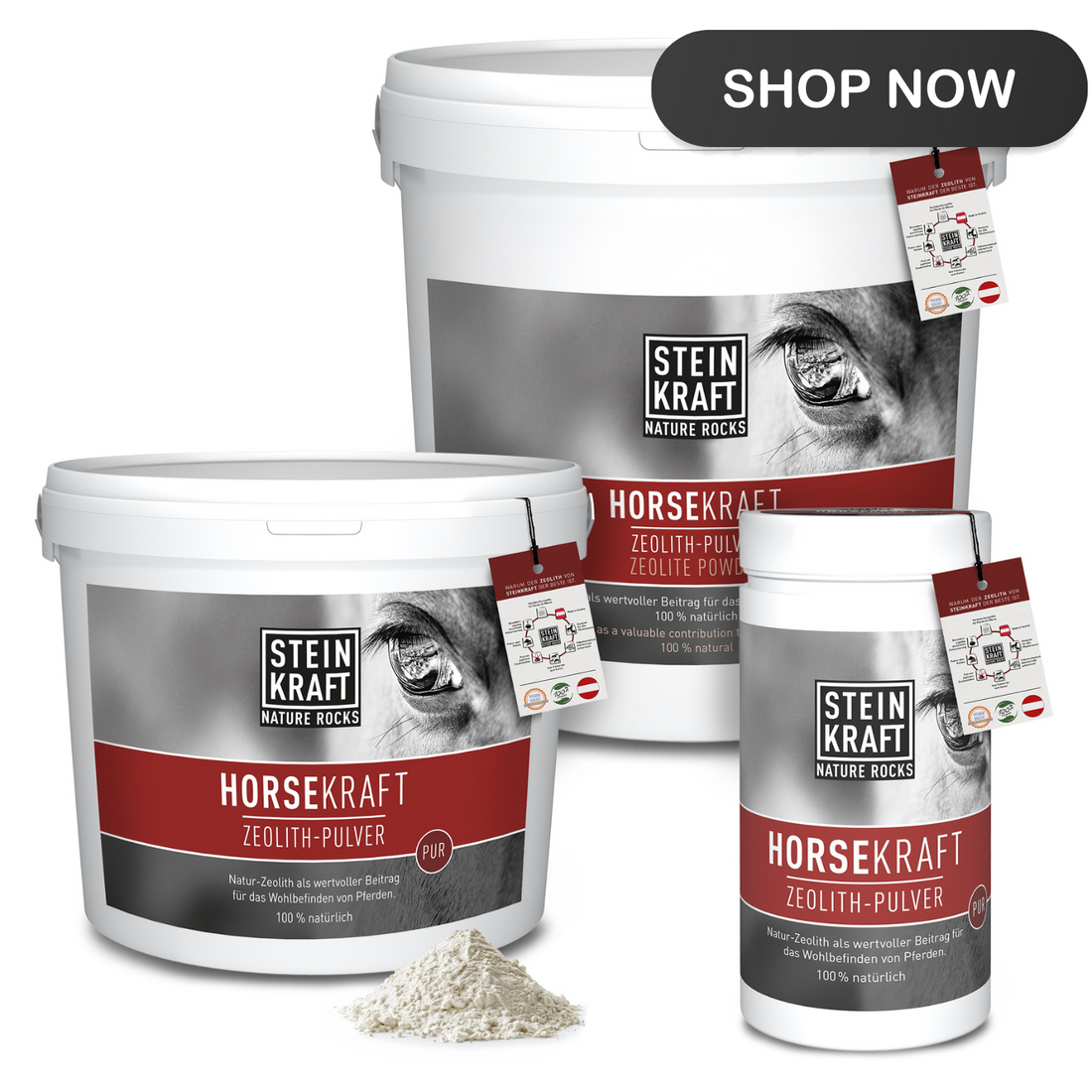
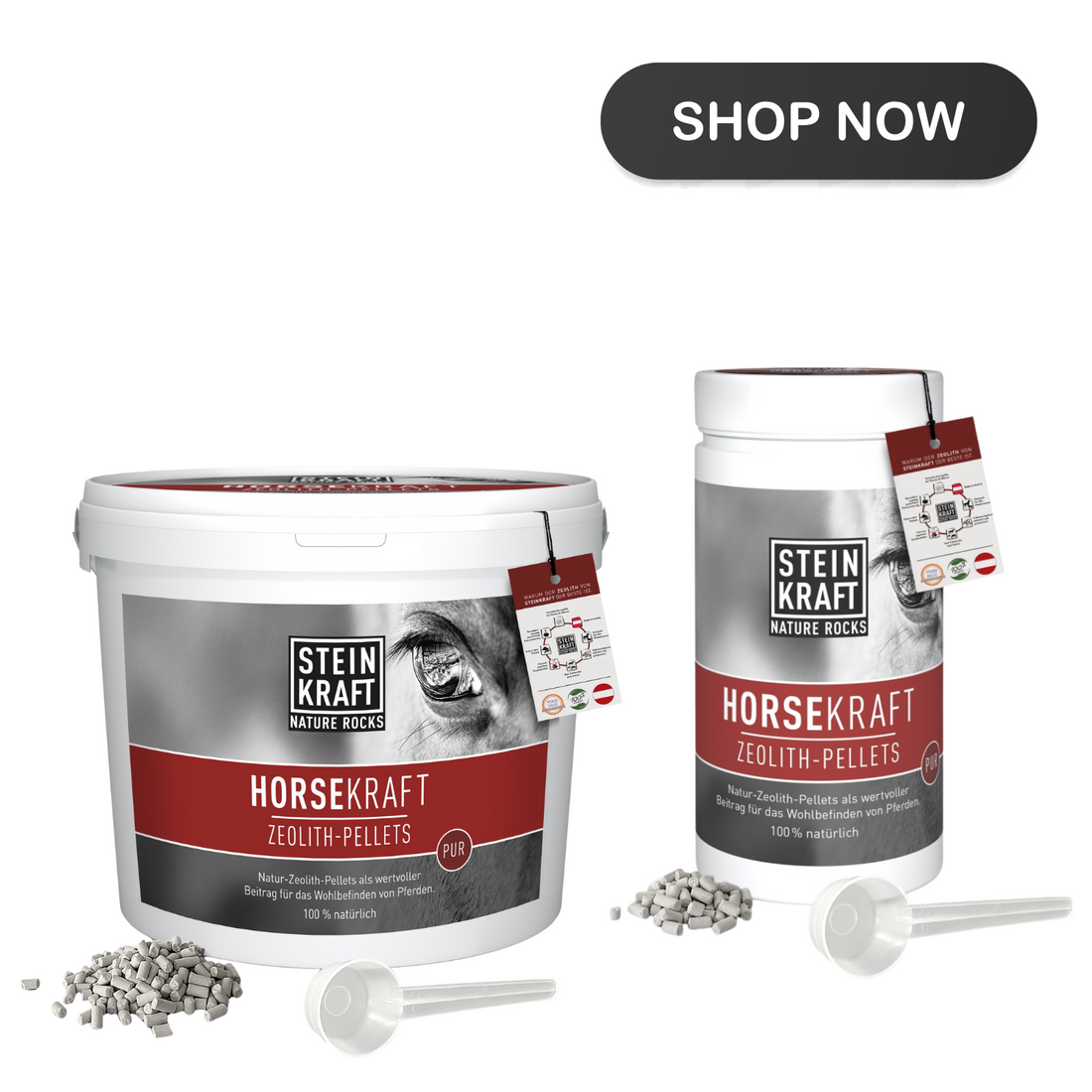
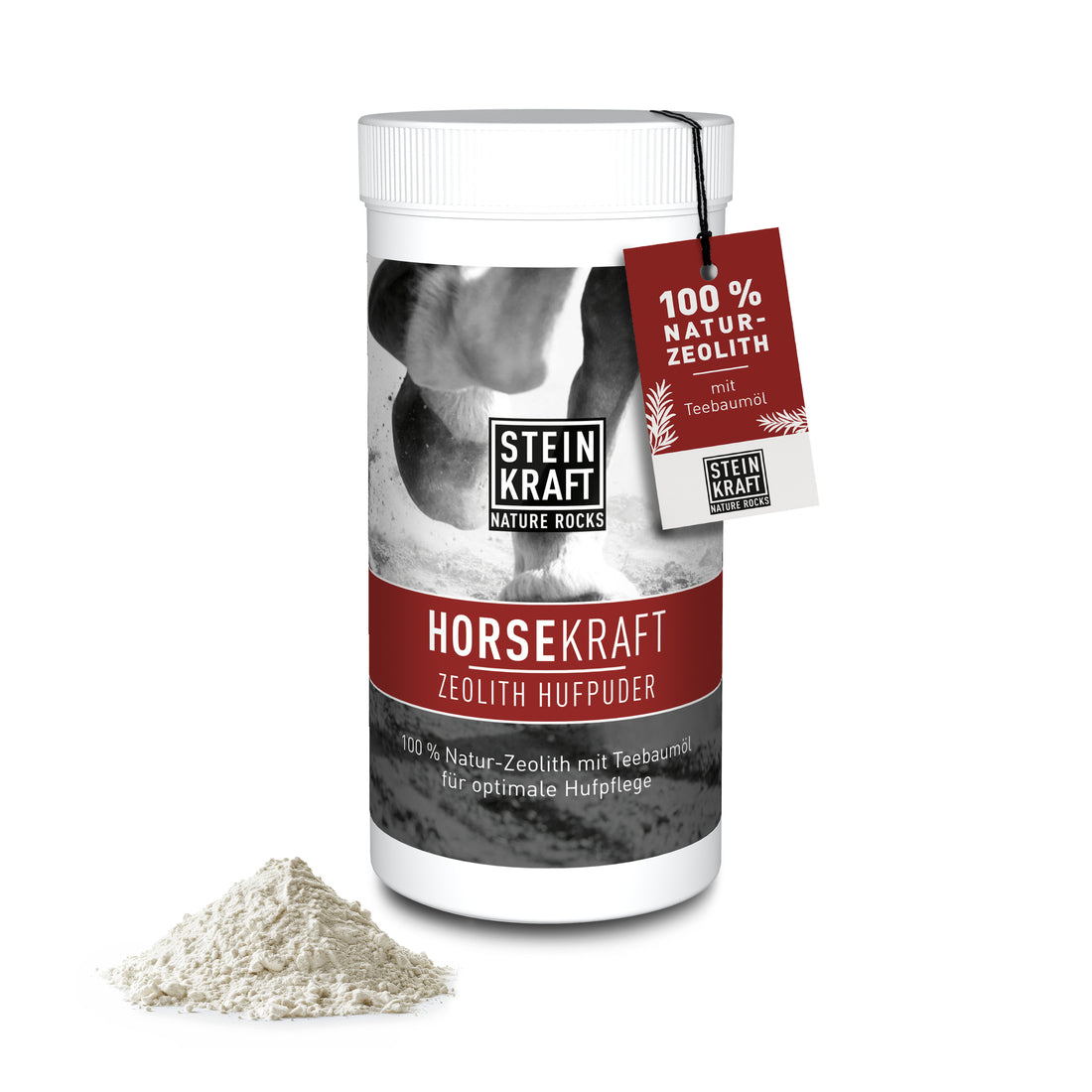
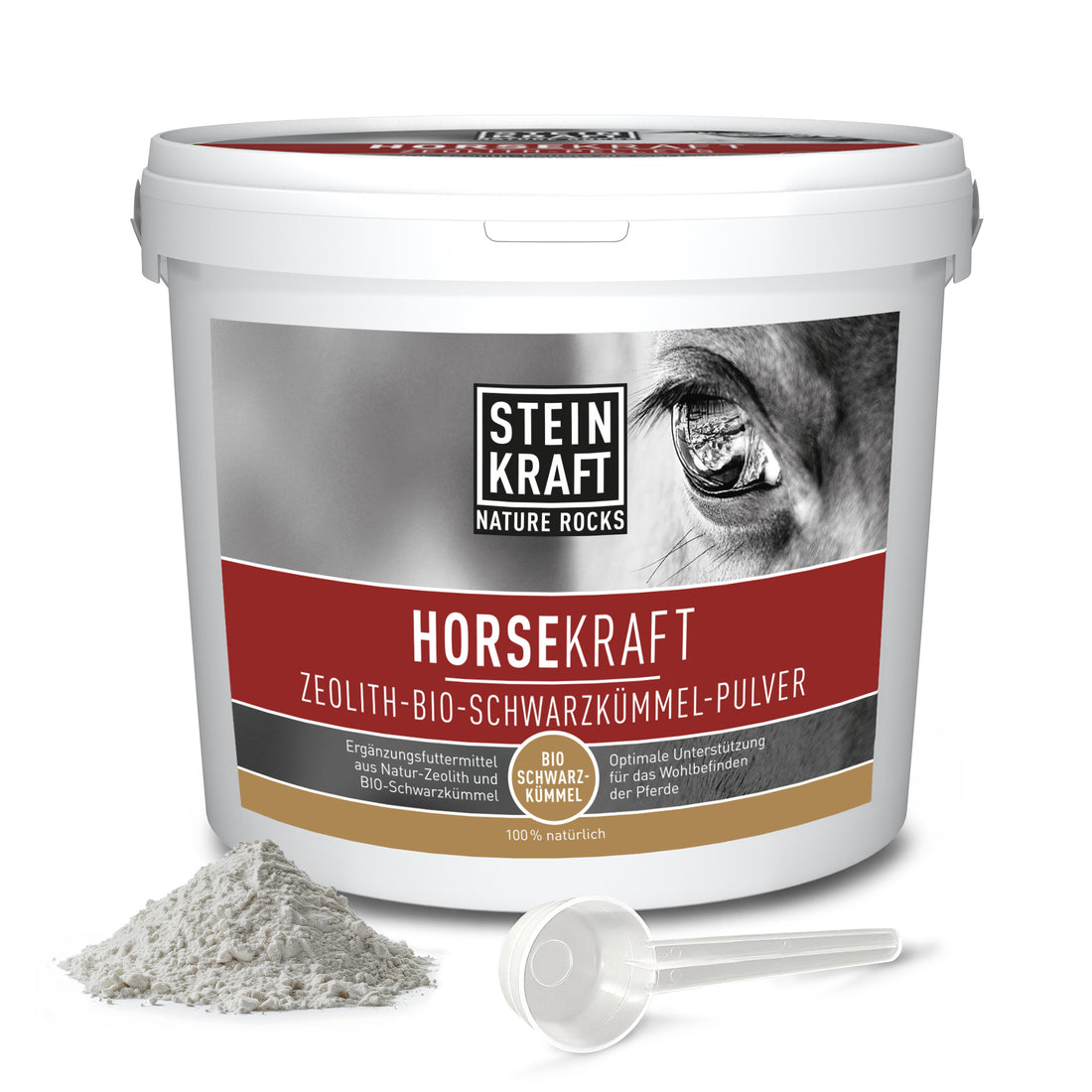
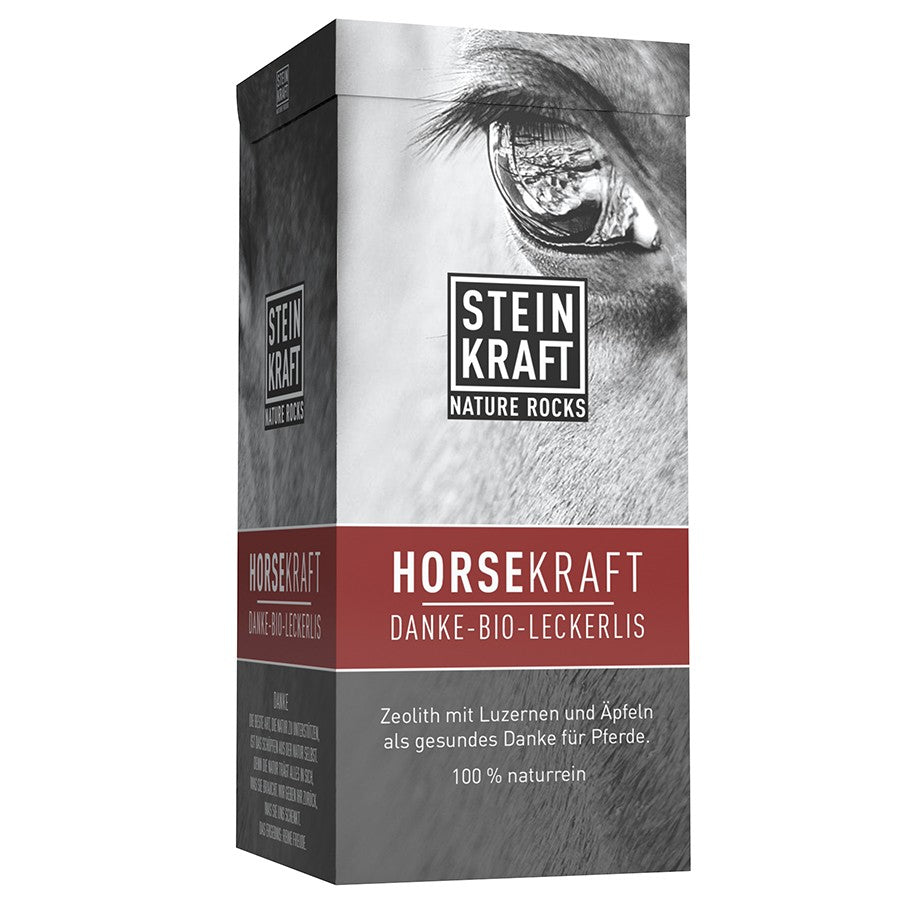
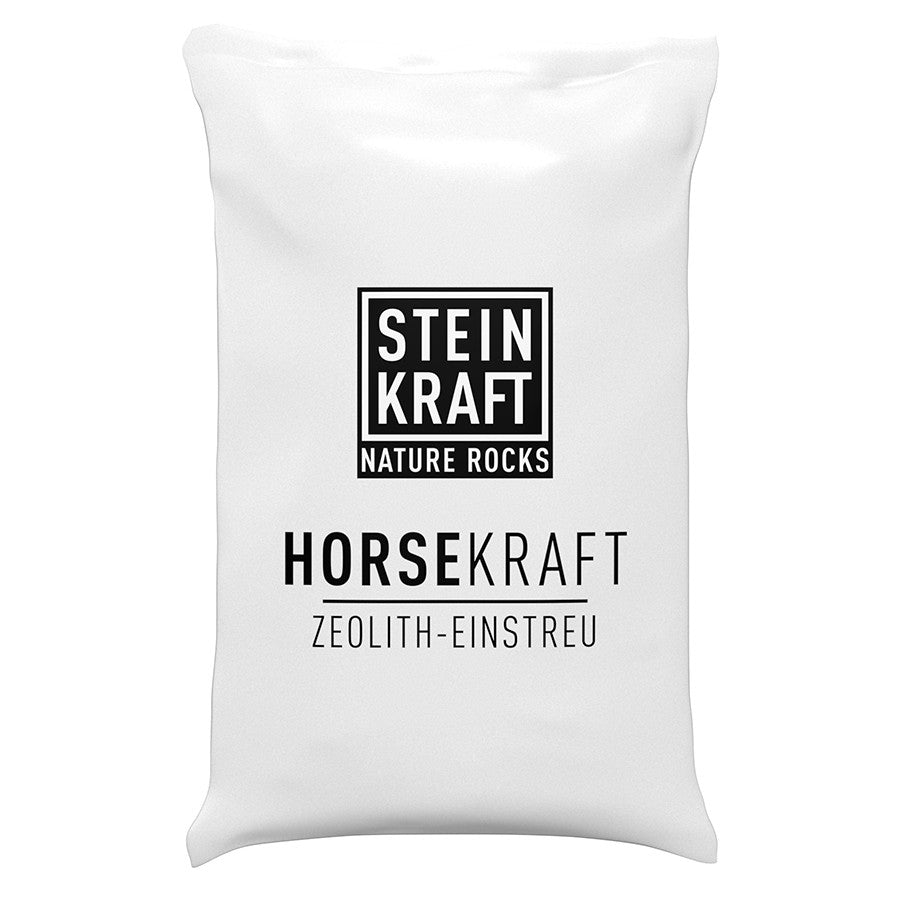





4 comments
Das ist mal ein cooler Beitrag! 🐕 sagt Dankeschön, weil Frauli verstanden hat, warum es wirkt!
Zeolith verlängert die Lebensdauer meiner Katzen! Das wünsche ich mir seit immer schon. Danke für den Beitrag und die viele Information. Das gefällt mir sehr! LG
Liebes Steinkraft Team, danke für diese Zusammenfassung der Studien. Ich sehe, wie Zeolith bei meiner Hündin gewirkt hat und es noch immer tut. Es auch in Studien zu lesen ist dann doppelt gut. Nochmals danke. LG Annalena I.
Sehr wertvoller Beitrag!!